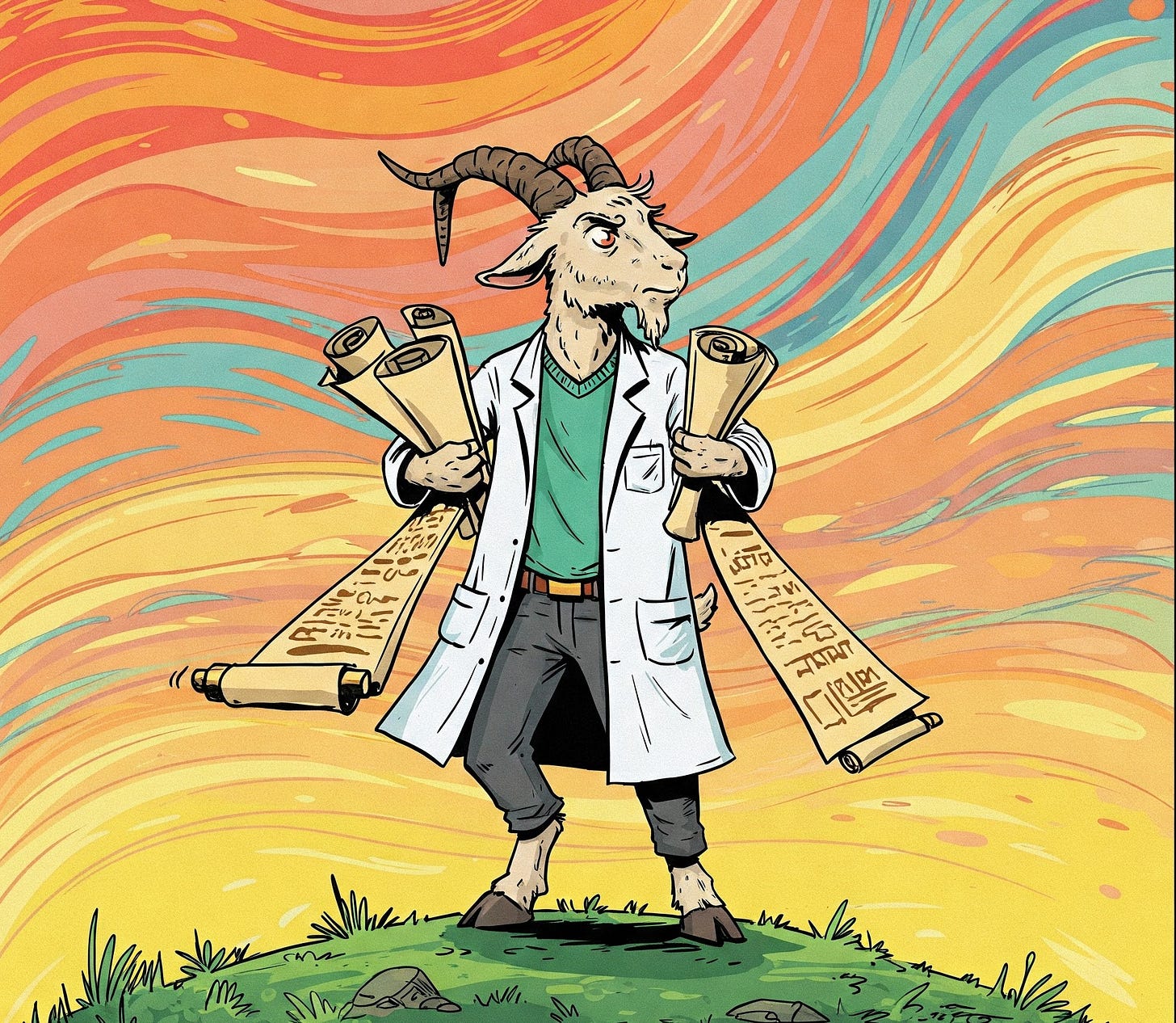Scientific progress over the last few centuries has been incredible. We seem to have left behind a world where the supernatural is just as likely to be invoked to explain observed phenomena, to one where evidence and logic are demanded at every turn.
Steadily, we’ve seen paradigm after paradigm fall, replaced by a better understanding of things. We’ve had some explanations that show that two separate phenomena are actually the same thing going on in different ways, and these unifying revolutions have seemed like moments where great leaps forward are taken all at once.
Gravity was one really big unification, as I described in Theory of Everything:
Isaac Newton put two and two together to show that the force that held the Moon in place around the Earth (and held every other celestial body in place) also caused things to fall to the ground here on Earth. Newton came up with equations, too, so that you could predict what would happen when something fell.
Electricity and magnetism were also unified into a single force, demystifying lightning and static electricity for the first time—but also igniting a revolution in technology, where electricity could be conjured to do useful work on demand.
Now, GPS satellites tell you where you are within a few feet, thanks to another revolution: Einstein’s relativity. Space and time are actually part of the same fabric, and without this deeper understanding, we would never have developed GPS.
The modern picture of our universe has also changed rapidly, thanks to the likes of Fritz Zwicky and Vera Rubin. We now know that regular matter—atoms that make up you and me, the Earth, all of the stars—that’s only about one twentieth of what’s actually out there. Dark matter is more than a quarter of everything, and dark energy is more than two-thirds.
Likewise, our understanding of the very tiny has absolutely turned itself inside out over the last century and a half. There was science before quantum mechanics, and then there is our vastly greater understanding that has followed.
I’ve been doing my best to document how I see these revolutions fitting into the world here, and in doing so, I’ve noticed a pattern.
It seems like the world can change overnight when a scientific revolution takes place, but those “revolutions” are almost always very slow moving beasts with lots happening under the surface.
I think I understand why, and there is an amazing quote1 from Max Planck, the “father of quantum theory”, that really supports what I want to say:
A new scientific truth does not triumph by convincing its opponents and making them see the light, but rather because its opponents eventually die, and a new generation grows up that is familiar with it.
Over the years since, this pithy wisdom has been condensed even further. Nowadays, it’s most commonly passed on as, simply, “science advances one funeral at a time.”
This is an excellent contraction and a memorable catchphrase, largely thanks to its absurdity—like, I don’t know, diamonds in the doodypoop. It’s important to keep this idea in mind, because as rapid as the advance of science can seem, and as open to new information coming in as scientists should be, progress can be slowed down tremendously by those clinging onto old ideas.
If knowledge takes you a lot of effort and time to get, you really value that knowledge. You might even start to think of that knowledge as your most prized possession.
You might be willing to defend your conclusions, even if you’re not being totally rational, like cherry-picking in order to support your argument.
You might find a hill to die on, so to speak. Unfortunately, dying is legitimately the only way some of these ideas are ultimately changed.
Speaking of Planck, you might want to read this next, about when the brilliant physicist supposedly decided to play a little prank:
Planck's Prank
Max Planck wasn’t just brilliant. He introduced an entirely new way of looking at the world, through the lens of quantum mechanics.
Thanks to
for reminding me of Planck’s quote (be sure to read the comments here—the discussion is often as important to me as what I write for the day). Check out if you want to hear some distilled wisdom from Michael’s lifetime learning journey.






I'm finding it interesting that we have a better understanding in some ways but we've also lost a lot of what we knew culturally. Germ theory is a great example. The ancient Hebrews had a lot of rules that took into account germ theory without the explicit knowlege of germs. The Romans also understood sanitation and waste management. Then we forgot it and if you look back, it was just 100 years ago when we 'rediscovered it' and started cleaning up our cities and streams.
It was just 150 years ago that we discovered germ theory again and started washing hands after touching dead bodies and it was largely opposed by the scientists of the day.
Even now, we have a nearly religious fidelity to science, trusting it will solve everything with the right medicine and yet we are also learning that the true supernatural is sometimes the best solution. Mental health comes to mind here. Religion is one of the best therapies for mental health, not science and drugs.
LLM as a working approach shows no signs of abandonment.